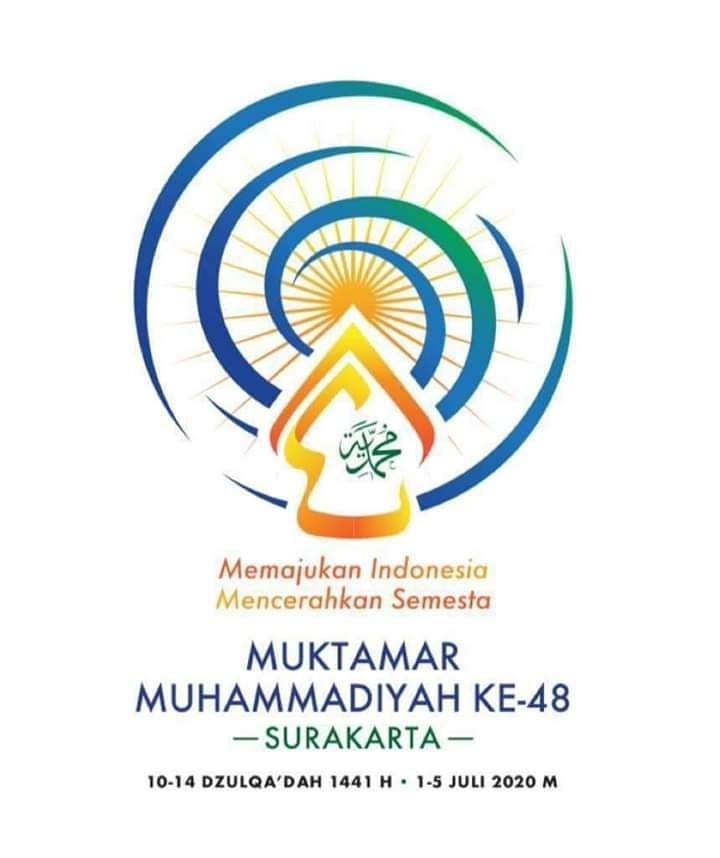Yogyakarta-High appreciation was given by the Afghan ulemas to the ones in Indonesia. It was because the Indonesian ulemas, both from the Muhammadiyah and Nahdlatul Ulama, could synergize and unite in supporting the development in Indonesia. The success of ulemas of Indonesia in establishing this power to unite even attracted the attention of Afghanistan ones. For that, they had hoped and wanted that Afghanistan ulemas could also unite as the ones in Indonesia.
That was thecommon thread in the discussion between the delegation of Afghanistan ulemas (People's Voter Education Networks) with the ones in University of Muhammadiyah Yogyakarta. The discussion as well as the visit that were conducted on Tuesday (5/5) raised the issue of the practices of tolerance, pluralism, gender, and human rights in Indonesia. It was held in the courtroom of the commission AR. Fachruddin A 5th floor of Campus of Terpadu in University of Muhammadiyah Yogyakarta.
One of thedelegation of the Afghanistan ulemas, Abdul Halim Wardak bin Abdul Samad, who was also a Member of Ulemas Council explained that since Afghanistan was free from the Uni Soviet occupation, the conditions of Afghanistan had always experienced intertribal warfare. It happened because each tribe or group in the countries has begun to concern on its own interests. "It's also because after the Soviet Union, many foreign countries have other interests in Afghanistan. Many foreign countries who want to seize Afghanistan. As a result, what happens now is that the inter-ethnic hostility," he said.
Moreover, according to Abdul Halim Wardak again, the Afghanistans, who was still difficult to unite, it was also due to the interference of the foreign countries. In fact, ulemas of Afghanistan were split into three kinds of ulemas, the ones who defended the government, the ones who defended Taliban, and the ones who only lived in his house without defending of any party. Therefore, he and other ulemas who attended the visit always prayed and hoped that all Afghanistan ulemas could unite. "Now the new government of Afghanistan is struggling and often making discussions with the Taliban in order to unite with the government. And Alhamdulillah Taliban is about to set up their office with the government," he explained.
Meanwhile, Hilman Latif, S.Ag., MA, Ph.D., chief LP3M of University of Muhammadiyah Yogyakarta, said that Indonesia was a multicultural country. The official religions that was recognized by the government were six, namely Islam, Catholic, Protestant, Hindu, Buddha, and Confucianism. It was still not including the local religions that werenot officially recognized by the government. "But with so many differences and diversity, it does not mean that there are no conflicts or problems encountered. Indonesia itself also had experienced a conflict between religions. However, all ulemas and religious figures in Indonesia in general keep pushing on how to create peace. In addition, the major Islam organizations, such as Muhammadiyah and Nahdlatul Ulama, become the pillar in promoting peace, "he said.
Another importantthing, said lecturer of Faculty of Islamic Studies in University of Muhammadiyah Yogyakarta, ulemas of Indonesia had a considerable role in encouraging the process of the development, education and social welfare of the Indonesian state. Indonesian ulemas also became the government's main partner in development programs, including family planning. "In addition, the involvement of the ulemas is also very large in creating the democratization process in Indonesia, especially during the elections. Therefore, ulemas of Indonesia still make tolerance as the main key and promote pluralism (the recognition of diversity) as something that should be promoted together because, after all, Islam is a religion of peace. And it is now being campaigned by us in Indonesia," he said.
Twenty delegations of Afghan ulemas participated in the visit and the discussion. They were representatives ulemas of the Mosque of Imam and Khatib, ulemas of Afghanistan Ministry of Religion, the Afghanistan Education Ministry, religious social activists, lecturers, as well as the representatives of The Asia Foundation. Their arrival to Indonesia this time since April 28 until May 8, 2015 was not only to Jogjakarta, but also to Jakarta, Cirebon, Semarang, in order to see and discuss more closely about the religious practices in Indonesia, both in terms of tolerance, pluralism, gender and human rights. (bhpUMY) (mac)
Tags: muhammadiyah, afghanistan, ulema, scholars, umy, Yogyakarta


